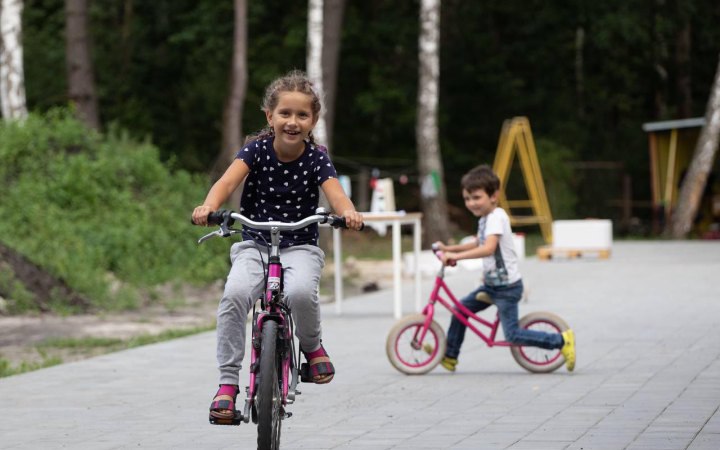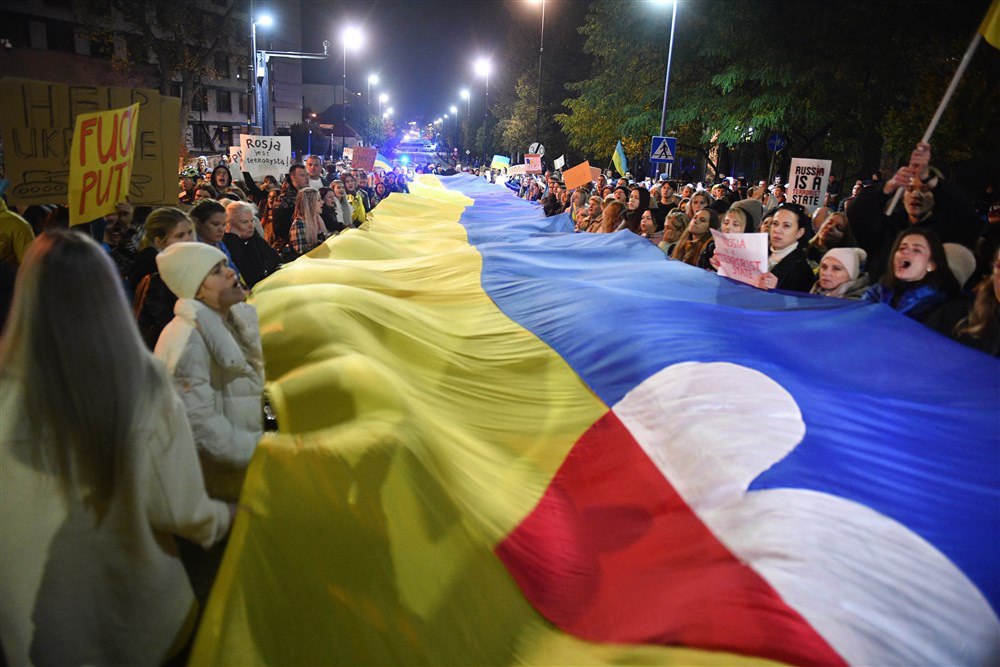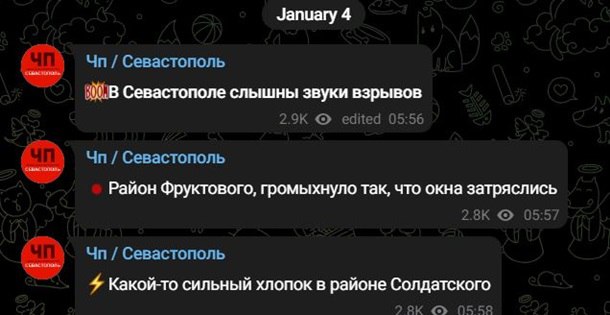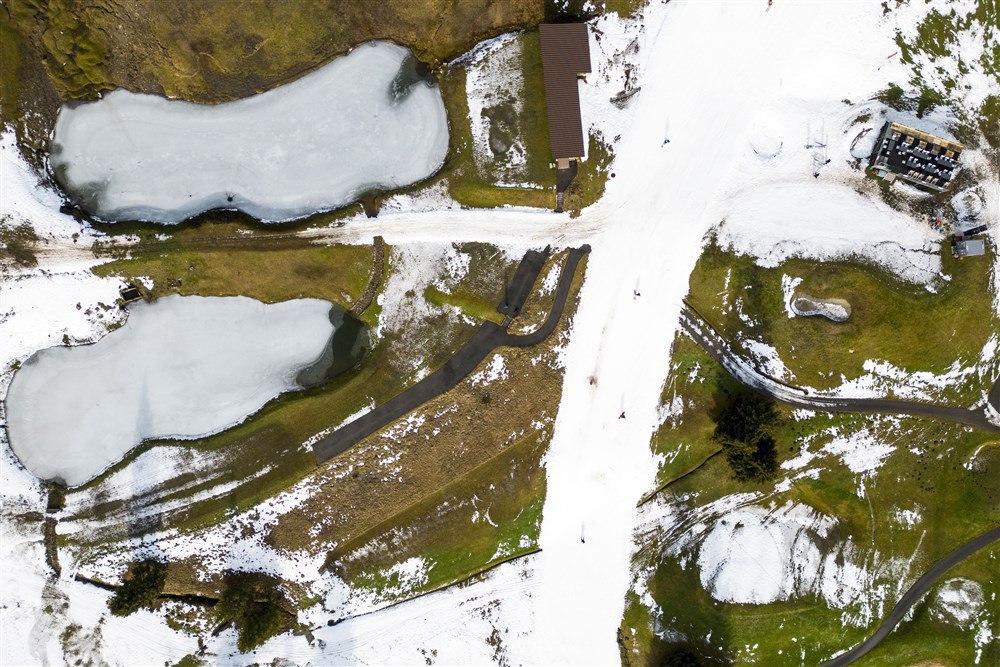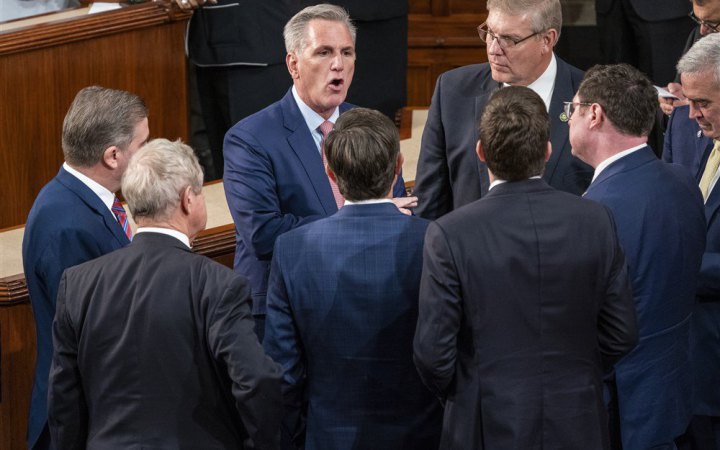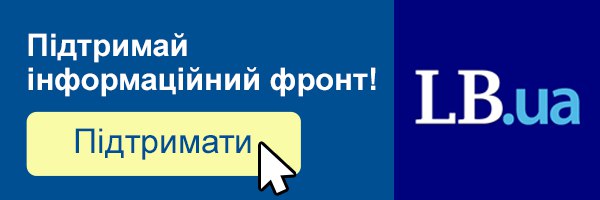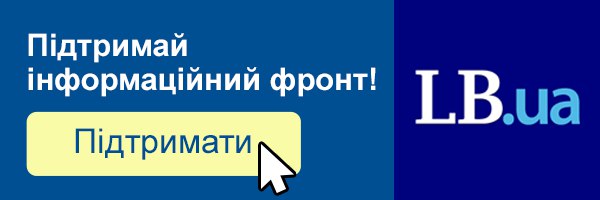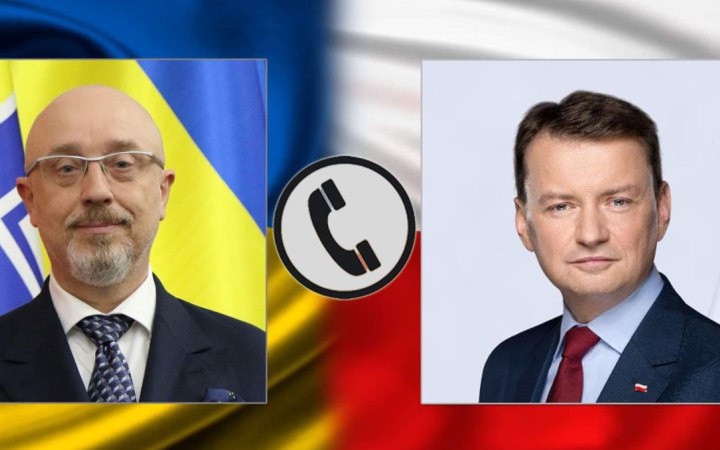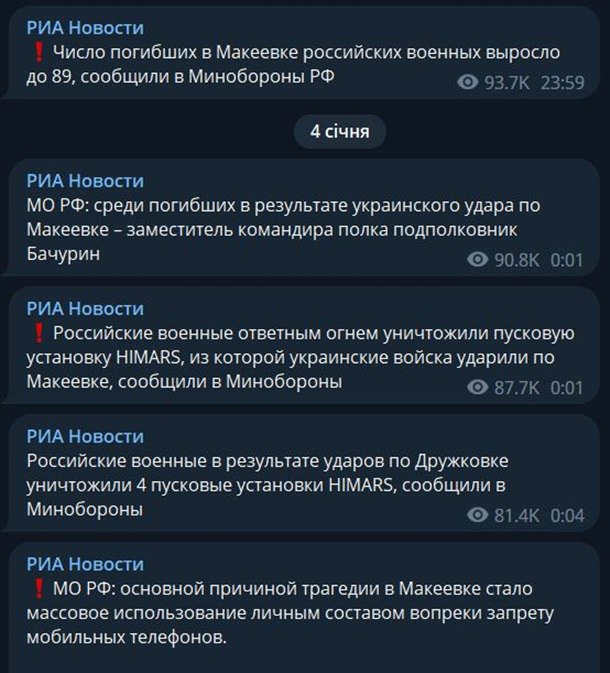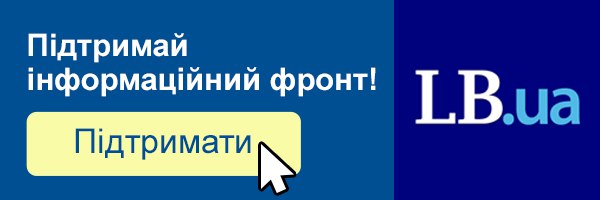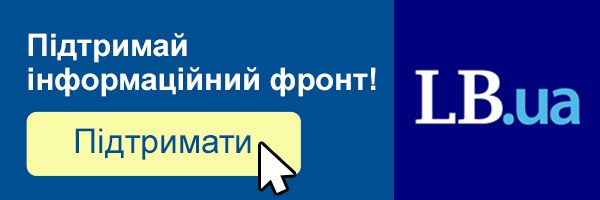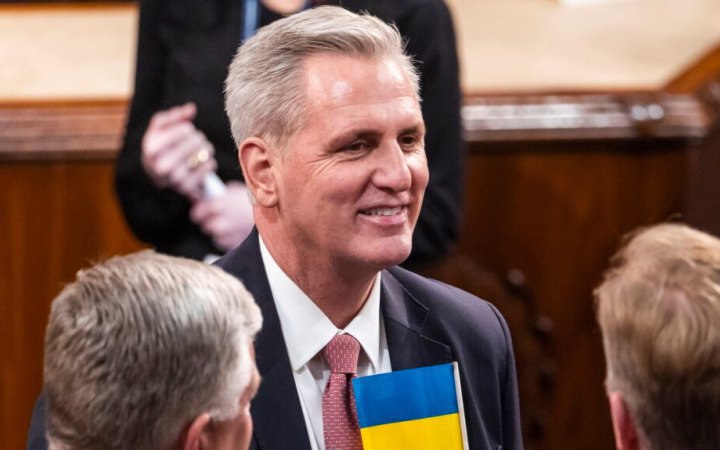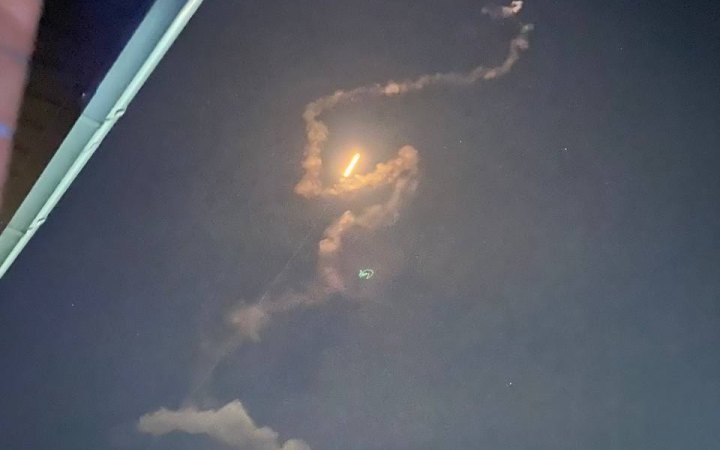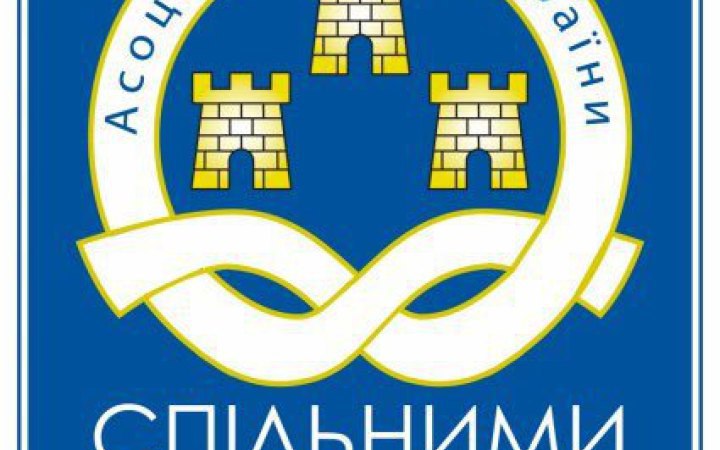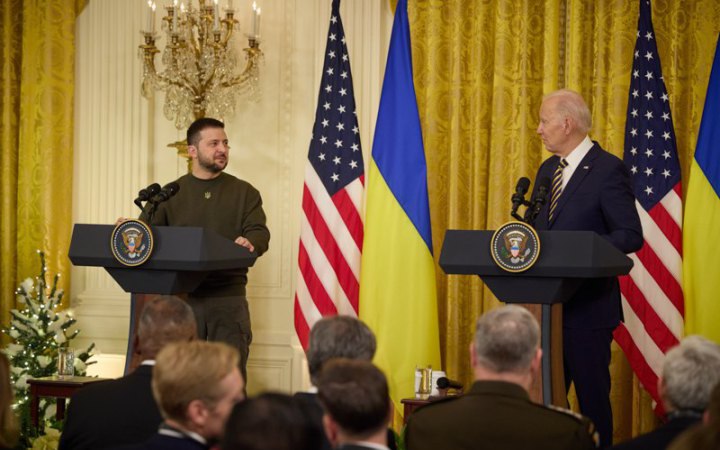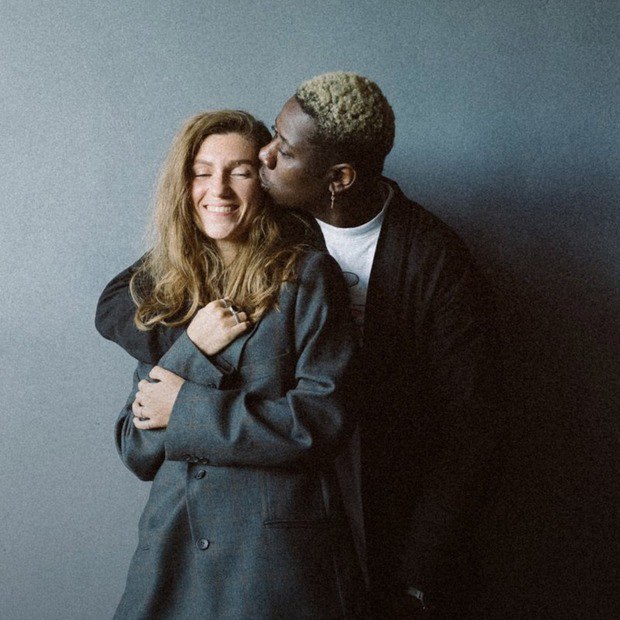
ENG. “I'm half-Ukrainian and half-Nigerian.” Tozhsamist is highlighting ethnic diversity in Ukraine
One woman’s quest to explore national identity and belonging
Alisa Zhuravel was born in Kharkiv to a Nigerian father and a Ukrainian mother. She grew up and studied in Kharkiv, graduating with a degree in history. Before Russia’s full-scale invasion, Zhuravel was working in the creative industry, trying her hand at digital marketing and design. When Russia invaded on 24 February, she was working at Frank Wines, The Naked Room gallery in Kyiv, and the Ukrainian pavilion at the Venice Biennale. In March she moved to Lviv and is currently working at IMPACT Initiatives, an international humanitarian organization, helping to steer a project that focuses on the experiences of Ukrainian citizens and residents who were forced to flee the country since the beginning of the full-scale war.
Zhuravel launched Tozhsamist (derived from a Ukrainian word for sameness, similitude, and likeness), a social project, in late summer 2022. Tozhsamist is a platform where Ukrainians with diverse backgrounds can share their experiences of living in Ukraine. Zhuravel has already used her platform to interview Tolu and Jennifer, born to Nigerian parents and living in Kharkiv, and Alan, a Kazakh from Kyiv. She is planning to share her interviews with Armenian-Ukrainian journalist Inga Gezalian, Crimean Tatar designer Edie, and members of the Fo Sho band, whose parents are from Ethiopia.
The Village Ukraine speaks to Zhuravel about what she is trying to achieve with Tozhsamist, her conversations with the interviewees, why it is important to study national identity, and the reaction to her project abroad.
You can also read this piece in Ukrainian.
Author: Veronika Masenko Editor: Yaroslav Druziuk Translator: Olya Loza Editor (English): Sam Harvey
Donate to support The Village Ukraine
What is Tozhsamist about?
Tozhsamist is a project about a sense of national identity and belonging. National identity, according to Zhuravel, does not have to correlate with ethnicity, race, or genetics, but is rather about one’s sense of belonging in a country: a feeling of being at home, at people around you.
However, consciously or not, ethnicity can also shape one’s sense of national identity and belonging.
According to a poll by the Razumkov Centre for Economic and Political Studies, a Ukrainian non-governmental public policy think tank, 74% of Ukraine’s residents considered themselves to have only one national identity, 12% felt that they belonged to two or more nationalities, 6% did not identify with any nationality, and 8% were undecided. In May 2022, the Rating Sociological Group found that 92% of respondents considered themselves Ukrainians by nationality.
For example, Tolu, one of Zhuravel’s interviewees, has parents who were born, grew up, and studied in Nigeria, only arriving in Ukraine in their twenties. Tolu knows Nigeria well through his parents and feels a connection with the country.
Jennifer’s father is also Nigerian, but she feels fully Ukrainian. She doesn’t speak any of the languages spoken in Nigeria nor does she feel in tune with the country and its people: she was born in a Kharkiv maternity hospital and went to a Ukrainian kindergarten and school; her whole life was spent in Ukraine. She says she feels Ukrainian and can’t imagine this ever being otherwise.
Zhuravel says that the goal of her project is not to establish various people’s identities, but to spark conversation about people’s diverse backgrounds, their sense of belonging in Ukraine, whether they identify as Ukrainian and feel at ease in Ukraine, and whether they struggle with self-definition and self-identification.
There is a lot of variation in how people self-identify. Edie, for example, identifies as Crimean Tatar: her ancestors came from and lived in Crimea, and returned there in the 1990s after being deported. Edie has spent all of her life in Ukraine, but her sense of identity is shaped by this more specific ancestral connection. Alan, one of the first people Zhuravel interviewed, now a press-officer for the Armed Forces of Ukraine, similarly doesn’t identify as Ukrainian, calling himself a ‘Kazakh from Kyiv’. Yet despite this variation and difference between people, all participants in Zhuravel’s project consider Ukraine their home.
According to a poll by the Razumkov Centre for Economic and Political Studies, a Ukrainian non-governmental public policy think tank, 74% of Ukraine’s residents considered themselves to have only one national identity, 12% felt that they belonged to two or more nationalities, 6% did not identify with any nationality, and 8% were undecided. In May 2022, the Rating Sociological Group found that 92% of respondents considered themselves Ukrainians by nationality.
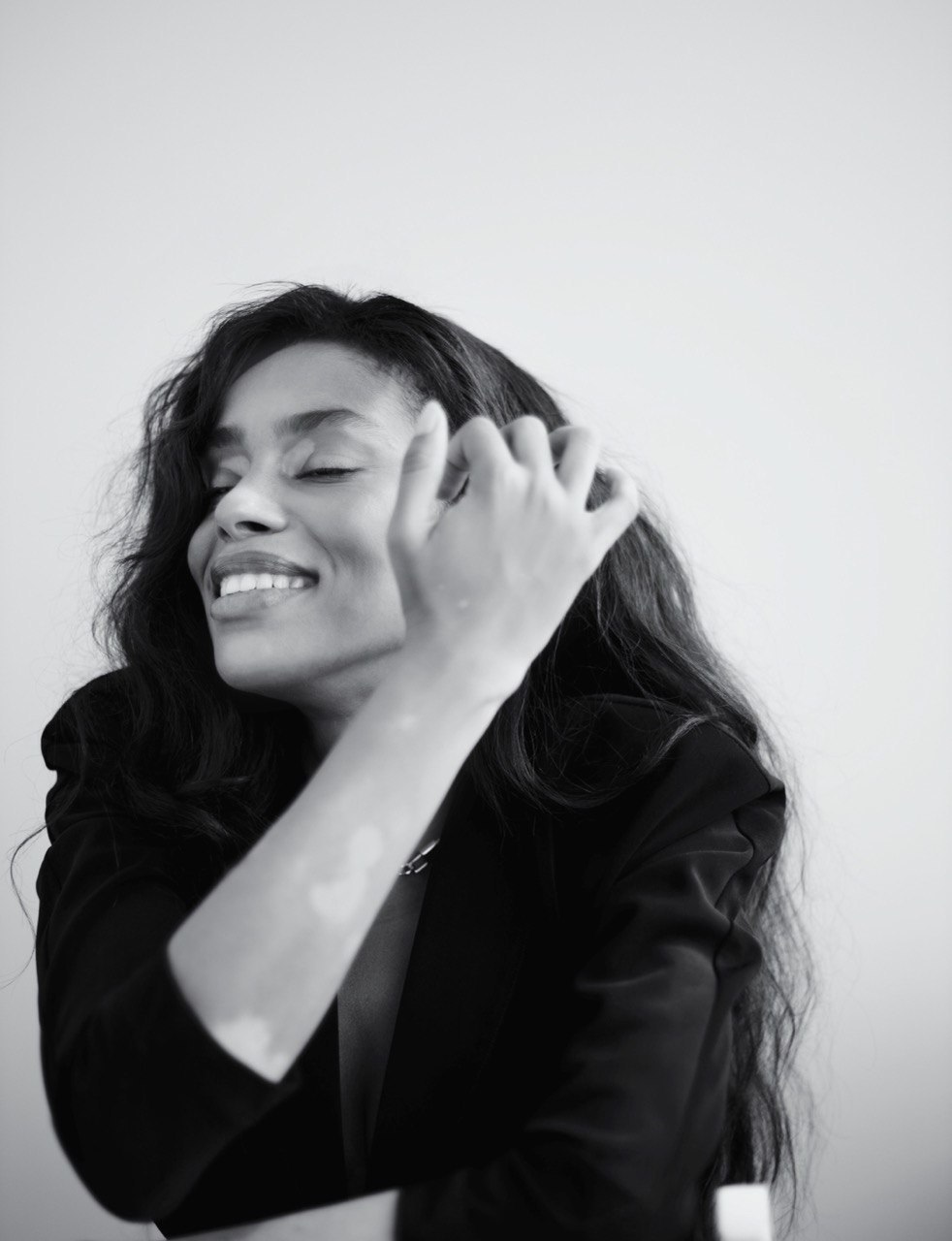
alisa. photo: Maryna Yarova
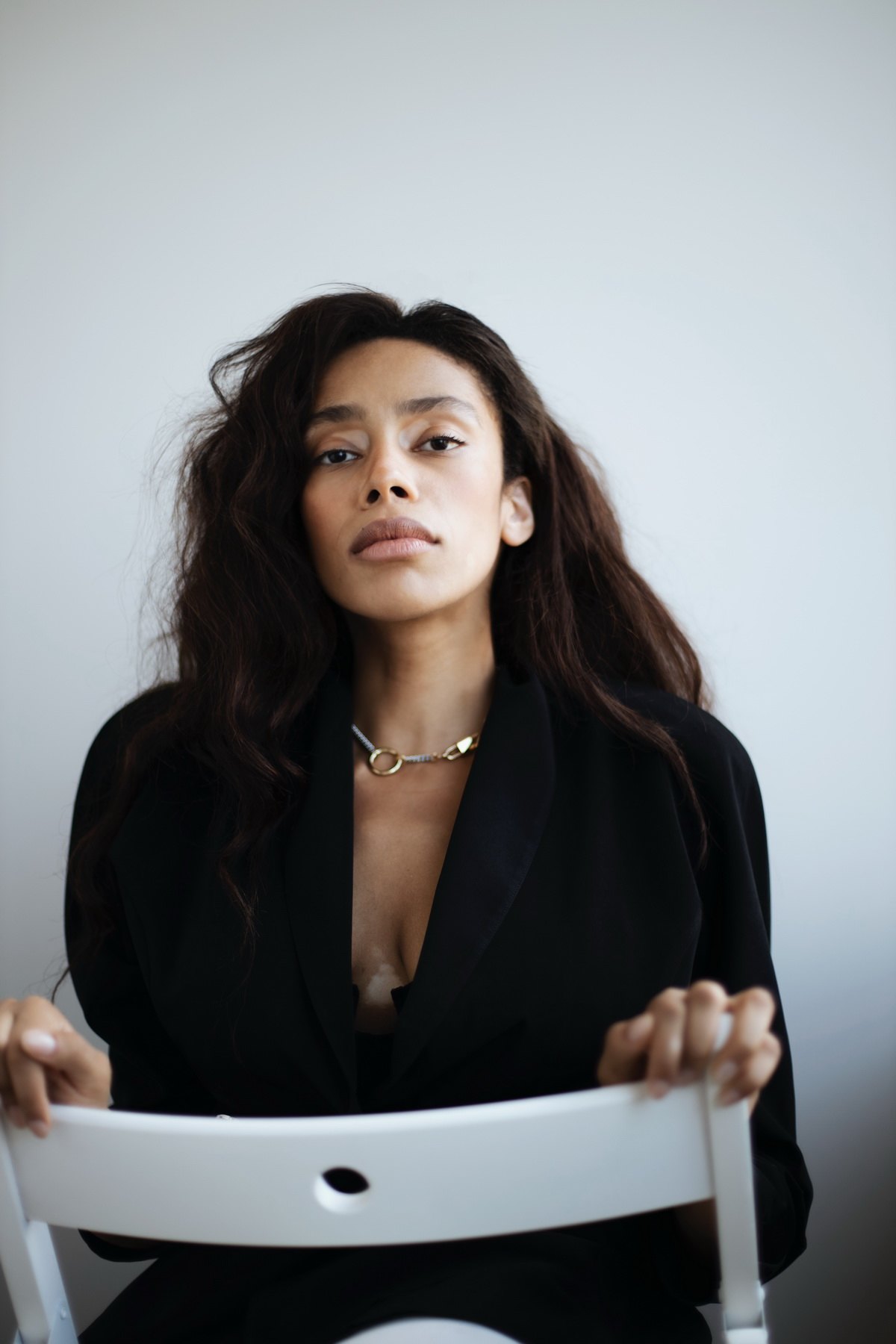
You say that one of the aims of Tozhsamist is to develop a ‘positive culture’. What do you mean by that?
Positive culture is a strategy for the future. It’s a simple idea: what we do today, whether in terms of the economy, society, or the environment, should make the lives of our descendants better. Positive culture refers to the changes we can all make in our relationships and in our professional lives to make sure that the problems that beset us today cease to exist in future.
Tozhsamist aims to foster this positive culture, rather than just curating an attractive Instagram account which shows people with different skin colors or hair types. We are building a foundation for a better future. The questions we raise and the discussions we foster will eventually lead to the formation of shared values among our audiences.
We don’t start from the premise that Ukraine has a diversity problem or that non-white Ukranians’ rights are being violated. We don’t think this problem exists. I’ve lived in Ukraine all my life and I’ve never had issues with finding a job, I’ve never experienced nazism or racism on the state level. Tozhsamist makes racial and ethnic diversity in Ukraine visible. Discussing it will help integrate it into our system of values. It will become a norm, a standard; everyone will know about it, and will accept it as given.
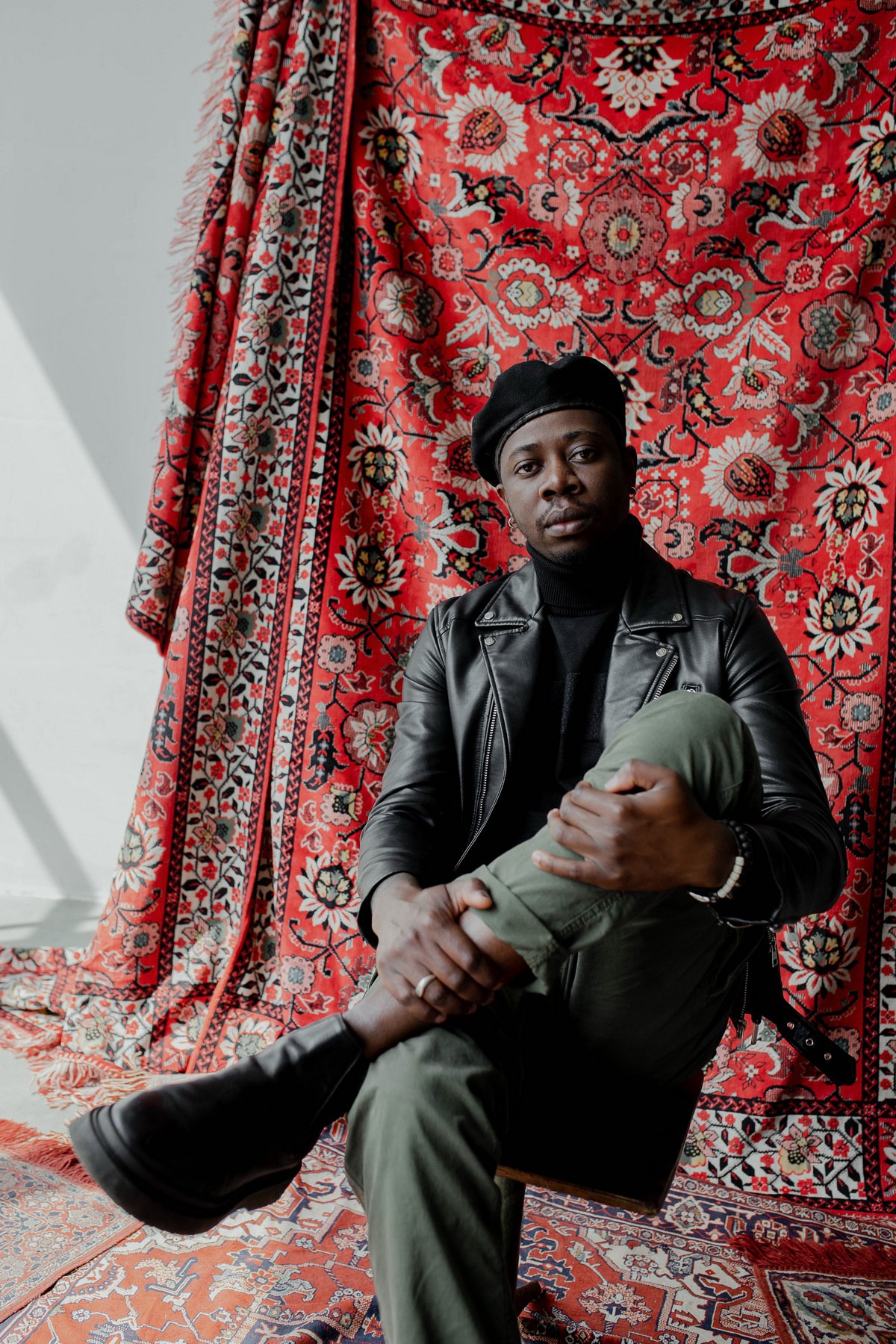
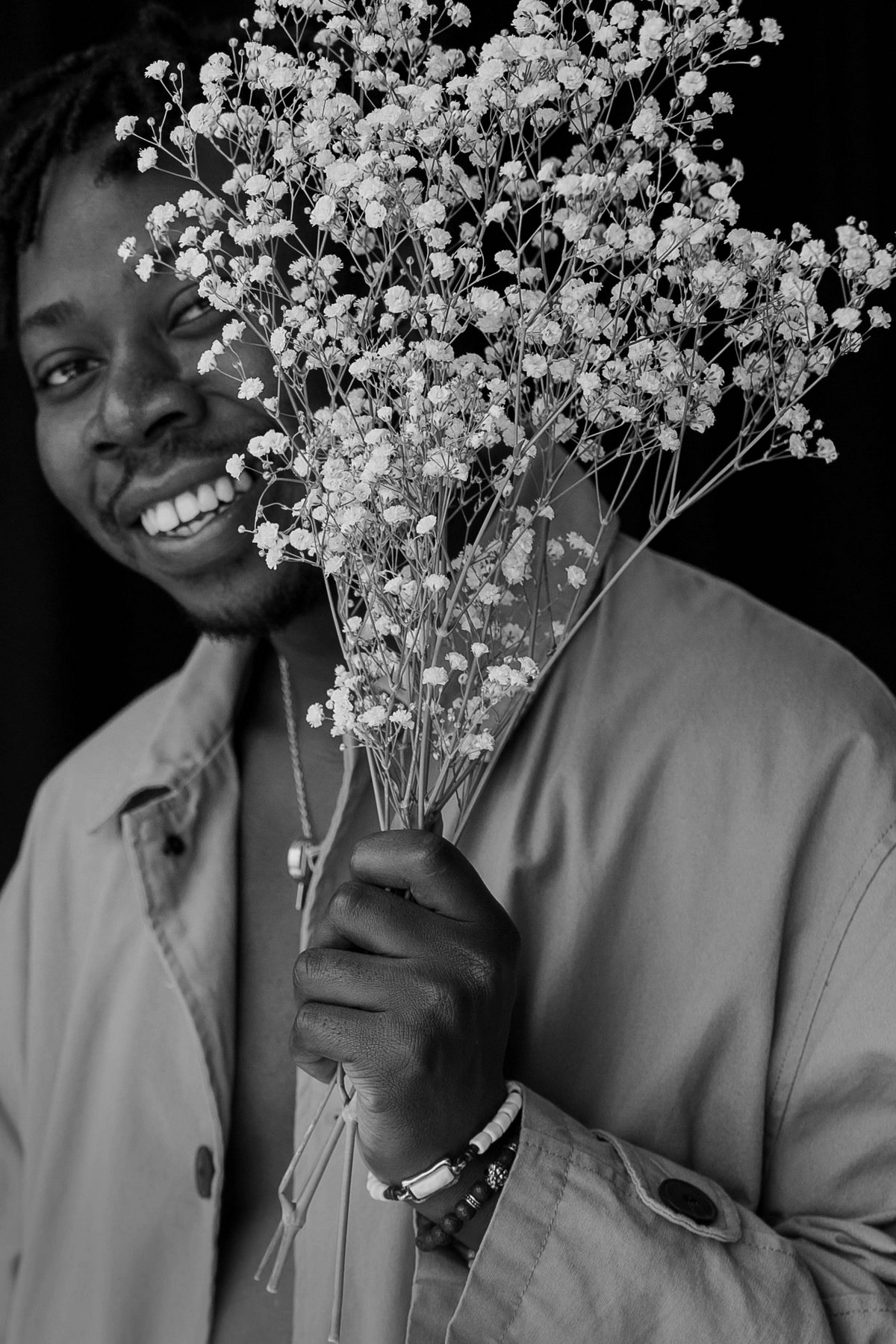
tolu. photo: Akilina Fitel
Why is it important to discuss this now?
One of the key narratives in Russian propaganda is that Ukraine is not a diverse country, that Russian-speaking Ukrainians and non-white residents of Ukraine are suffering, and that only ethnic Ukrainians can live in the country comfortably.
This propaganda has little sway over Ukrainians, because we know that this is not an issue here. But this is not as obvious for Western society, for people who don’t know how we live in Ukraine– people in the US for example. A risk remains that they may believe these lies.
The Tozhsamist project could work toward refuting a false image of Ukraine by proving to people in the West that the acceptance of diversity is not a critical problem in the country.
The project has received so much attention largely because social media users have been drawing on it to refute Russian propaganda, especially in the wake of a statement by an American political commentator [Briahna Joy Gray, a lawyer, political consultant, contributing editor for Current Affairs, and senior politics editor for The Intercept - ed.] who said that the US government is helping Ukraine only because ‘blondes with blue eyes’ live there; meanwhile, the pleas of refugees from Venezuela, Afghanistan, and Jamaica – countries which are also suffering crises – are being ignored because of their dark skin. This news created a splash on Twitter right around the time when I first released my interview with Tolu. The interview caught on immediately, because it was a powerful retaliation to that woman’s slander. It was a great way to show that not only ‘blondes with blue eyes’ live in Ukraine, but that Ukrainians are diverse. A lot of attention has been paid to the project since that incident.
Russia is spreading misinformation that the EU and the US treat Ukrainian refugees better than those from other countries. This serves to prop up a Russian lie that the US and EU countries are racist by virtue of giving Ukrainians preferential treatment; the Russian state is trying to create an impression that Ukrainian refugees have ‘special privileges’. Detector Media, a Ukrainian media watchdog, writes that similar narratives have even been aired on American television, for example on NBC and CBS.
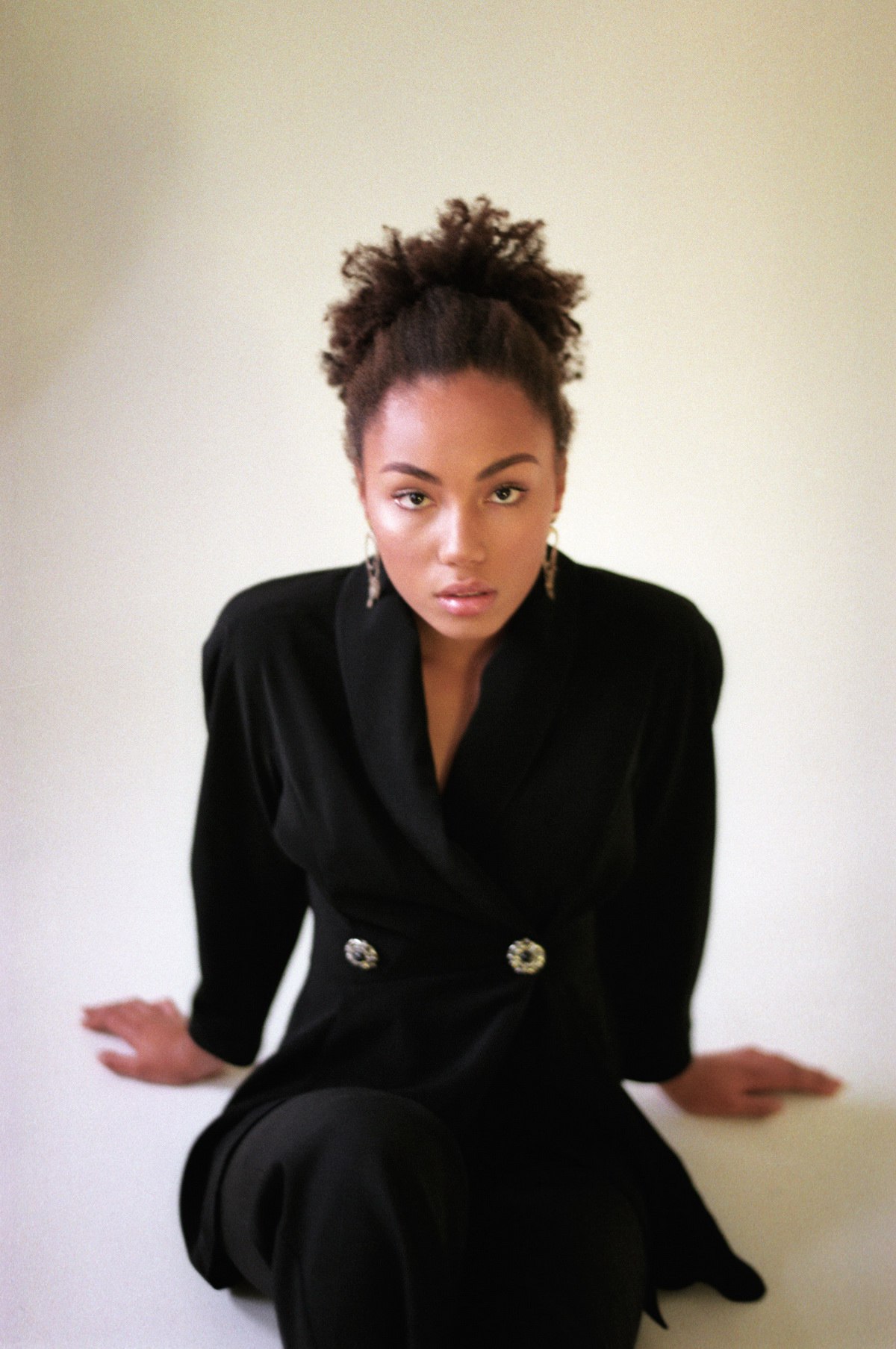
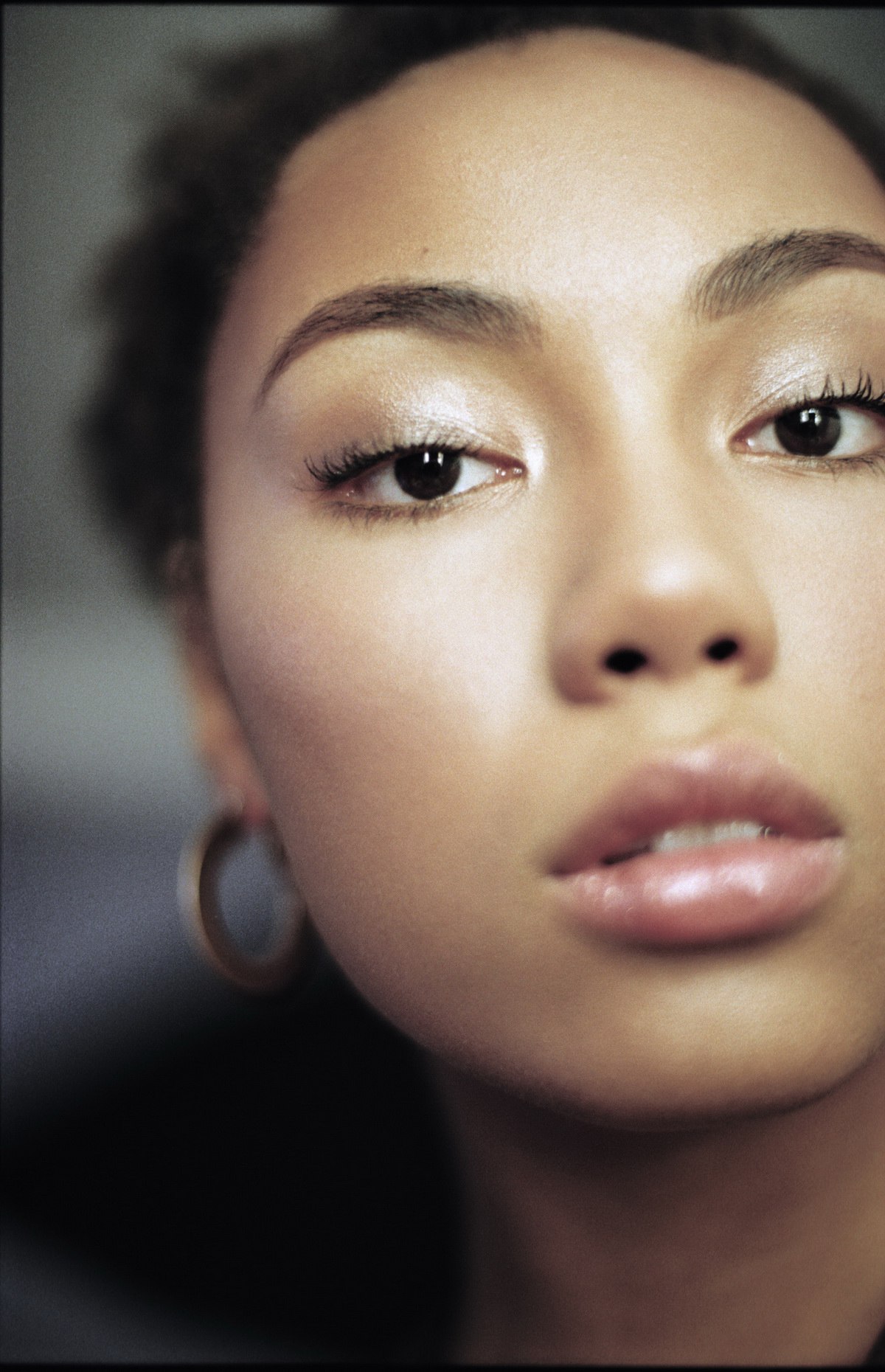
jenifer. photo: Anna Bardakova
What shaped your own sense of identity?
I feel myself to be Ukrainian, but I always remain connected to my Nigerian roots. There are of course differences between me and my mom, an ethnic Ukrainian, even just in our appearance.
For example, I’ve always thought hair was pretty important, something that distinguishes and connects African girls. When I was a kid my hair was super African and I couldn’t do anything about it. I couldn’t wear any of the hairstyles other girls in my school wore, there were hardly any hair products for my hair type in Ukraine. Things like that made me feel different and I felt as if I was set apart from people here. But that hasn’t destroyed me, it wasn’t too painful an experience.
Around when I was 14 I wanted to somehow conceal my African roots, to make them less obvious. I used to straighten my hair and do all sorts of things to it. For example, I shaved half of my head and dyed the hair on the other half purple. It was a period of both internal and external experimentation. I started to really appreciate my roots later, when I was around 20. I’d just wear an afro. Not to shock people or attract attention to myself – quite the opposite – I wanted to just feel normal, to stop feeling different because of my hair. In the end I even started to enjoy it.
Around 20, I also just started to appreciate my Nigerian roots rather than deny or flaunt them. That’s what I think allowed me to really respect my Ukrainian-ness. Because a sense of identity is about self-understanding, self-acceptance, and self-love; about feeling yourself to be a whole person; about feeling strong. If I hadn’t learned to appreciate my African roots, I’m not sure I would have been able to fully appreciate my Ukrainian-ness, either.
So yes, I think of myself as Ukrainian with Nigerian roots. It’s pretty simple. I know the history of our land very well, I speak Ukrainian, and I know perfectly well that I am as Ukrainian as someone whose parents were born here.
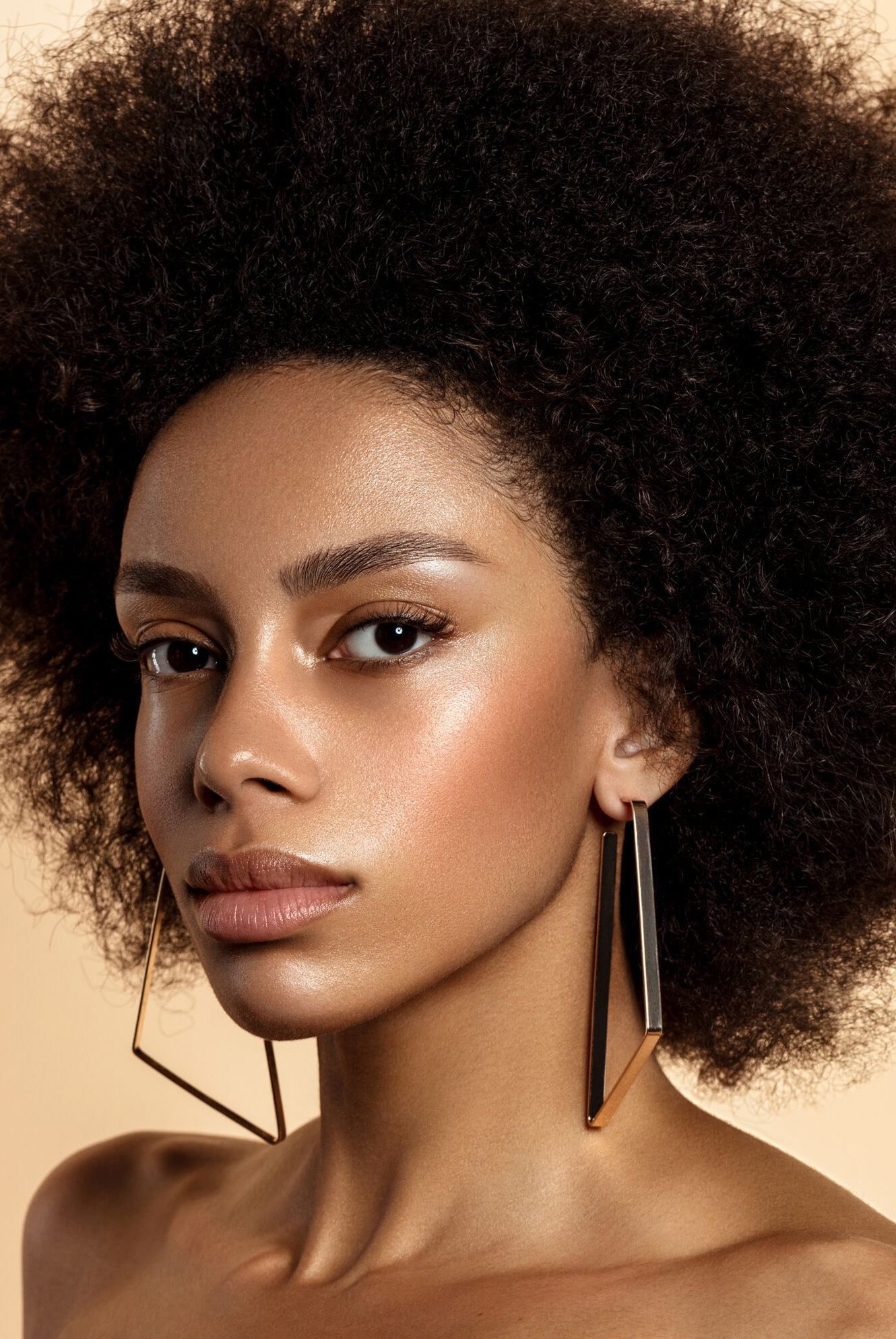
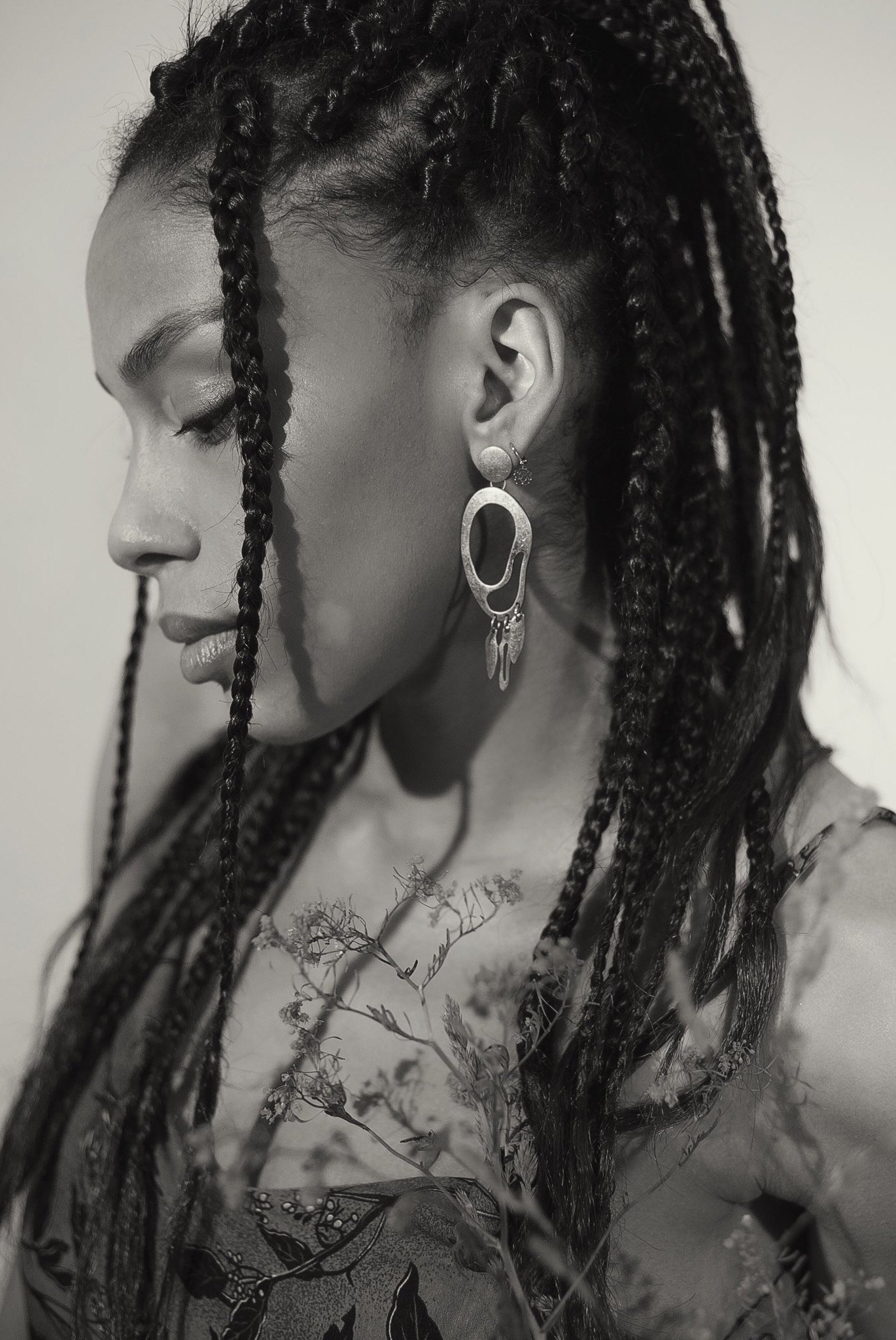
How has the project been received abroad?
I get a lot of feedback, especially from people with similarly diverse backgrounds, who also tend to think a lot about their identity. I get lots of comments from ethnic Ukrainians living in Canada or the US who are also reflecting a lot on their roots right now.
Once I got a message from a Brazilian woman whose husband is from Ukraine: ‘It’s so great that where my husband is from, people are describing things that we also think about in Brazil.’ She and her friends, who live in an incredibly multicultural country, are really interested to learn how people from different ethnicities live here, in Ukraine. My project is not the only way to find out about it, but not everyone can do their own research. For this woman from Brazil, Tozhsamist is about rediscovering Ukraine.
Fortunately, we at least have an opportunity to describe the reality we live in. There’s no need to dream up counter-propaganda or invent counter-arguments. We’re just talking about ordinary things, which, I hope, can refute the fiction propped up by significant Russian investments.
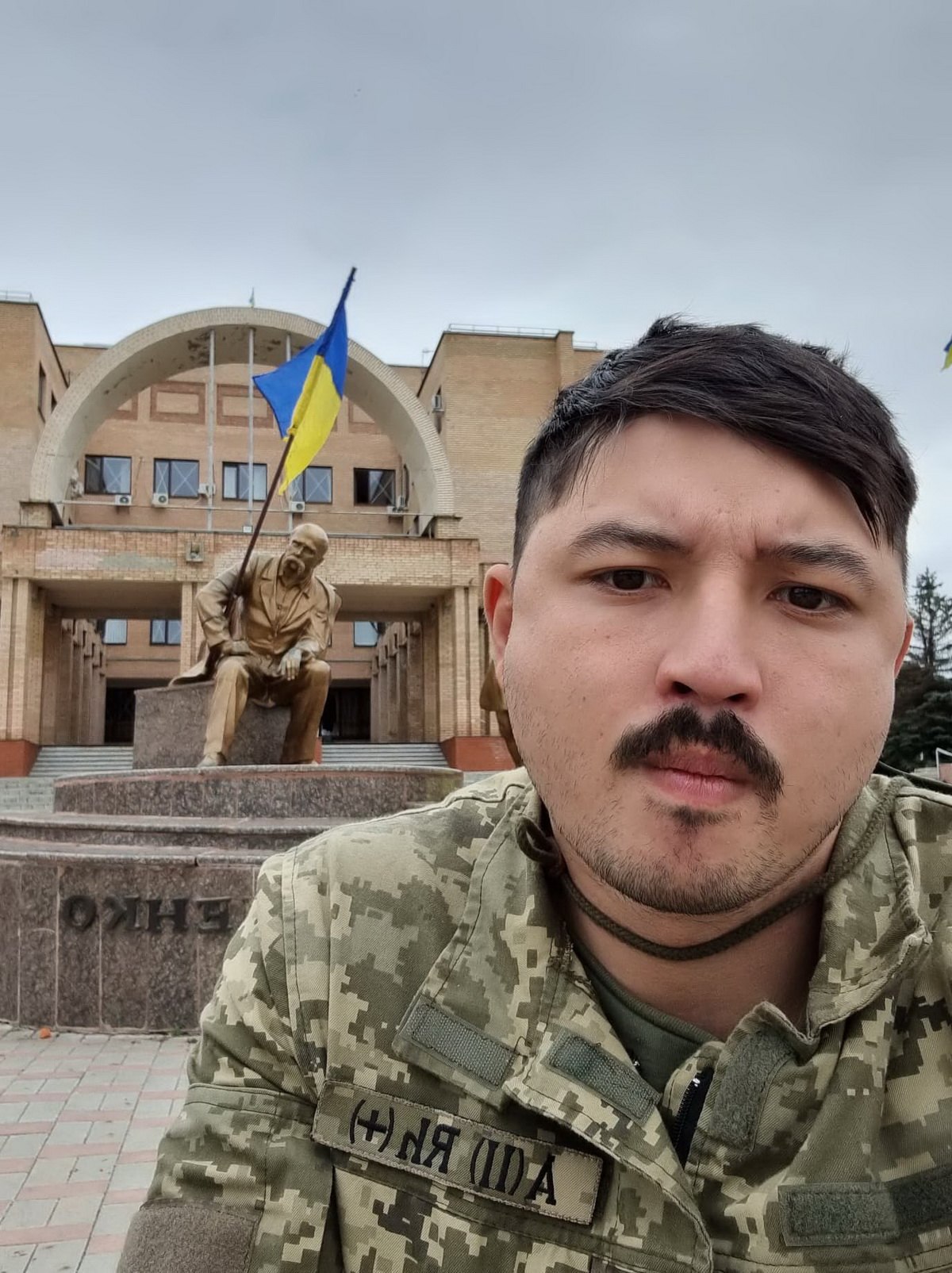
alan
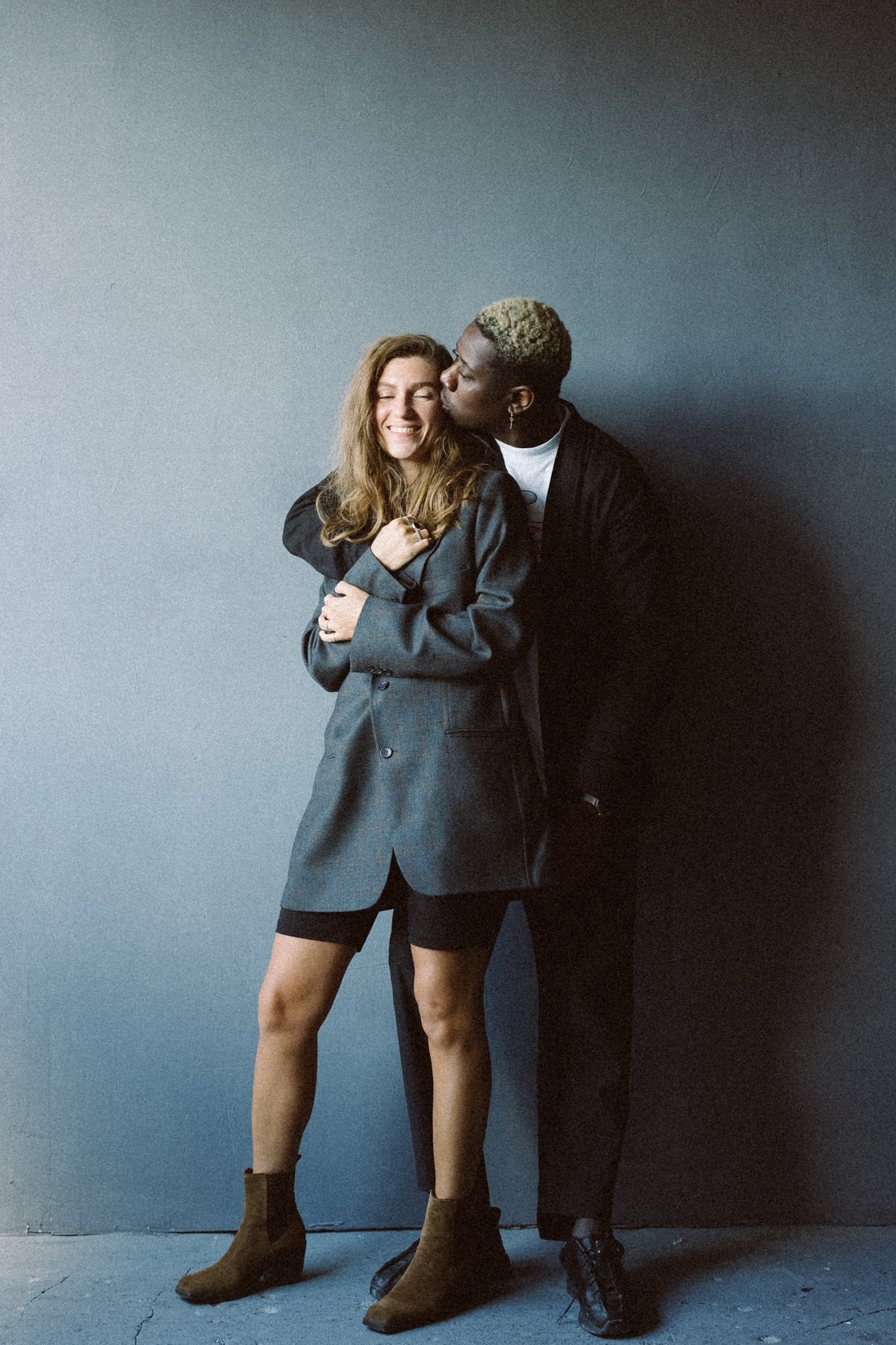
photo: Akilina Fitel
What’s the future of Tozhsamist?
Now I mostly find people to interview on social media through my work. By the way, we’ve found many people through the Ukrainian fashion industry, because there is a long-standing tendency to try to represent different kinds of people in lookbooks and campaigns: diverse Ukrainians with Asian and African roots. That’s why we know about these people; they appear in the media, in fashion photography – beautiful, happy, full of joy.
I recently saw a photoshoot produced by a clothing brand featuring three children, all dark-skinned. At first I assumed that those images must have been shot in New York or another American city. But they turned out to have been shot in Ukraine. So if this trend continues apace, if we see more people like that in the media, we will gradually chip away at our stereotypes.
In the future, I want to get involved in more activism, to organize online meetings, set up collaborations, and engage with other activists, researchers, and psychologists in the metaverse in order to grow our conversation. But first I would like to gather more people with diverse backgrounds, who have questions they want to ask or experiences they want to share, or who want to support others. I’d like to help all these people with different goals and motivations come together as a community, which, I hope, will also include people with deep ancestral ties to Ukraine.
So if you want to talk about your roots, your experiences, your family – you can do it on the Tozhsamists platform.
In the future I would also like to help and give information to people from Africa who want to study in Ukraine. Tozhsamist could become a social project which offers legal aid and provides information.
Tozhsamist website
